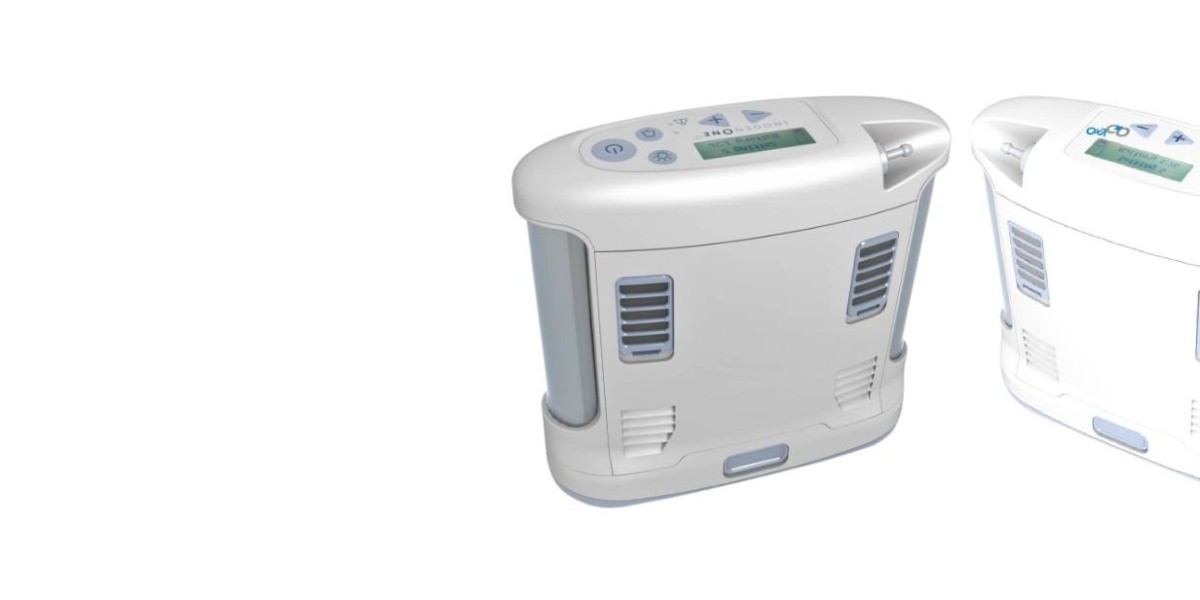Choosing the right type of battery is crucial for the effectiveness and longevity of the system. Several battery options exist, but for off-grid solar usage, the best choices typically include lead-acid, lithium-ion, and saltwater batteries.
Lead-Acid Batteries
Lead-acid batteries have been a staple in off-grid solar systems for decades. They come in two main types: flooded and sealed (AGM or gel). These batteries are relatively affordable but have a shorter lifespan compared to newer technologies. They are dependable and well-suited for off-grid applications due to their ability to withstand deep discharges, making them a reliable option for storing solar energy.
Lithium-Ion Batteries
Lithium-ion batteries have gained popularity in recent years due to their higher energy density, longer lifespan, and faster charging capabilities compared to lead-acid batteries. They are lightweight and compact, making them an excellent choice for off-grid solar systems where space is limited. Although initially more expensive, their longevity and efficiency often make them a cost-effective choice in the long run.
Saltwater Batteries
Saltwater batteries, a newer addition to the market, are environmentally friendly and non-toxic. These batteries use saltwater electrolytes, making them safe to handle and dispose of at the end of their lifespan. They boast a longer cycle life compared to traditional lead-acid batteries and offer a stable performance in varying temperatures, making them suitable for off-grid solar setups.
Factors to Consider
When selecting batteries for an off-grid solar system, several factors must be considered:
● Capacity: Ensure the battery capacity matches your energy needs during periods of low sunlight.
● Lifespan: Evaluate the battery's cycle life and warranties to determine long-term costs.
● Maintenance: Consider the maintenance requirements of different battery types, including monitoring water levels, temperature control, etc.
● Temperature Resilience: Some batteries perform better in extreme temperatures, which is crucial for off-grid setups in diverse climates.
Consult a Solar Professional
Choosing the right batteries for an off-grid solar system can be complex, depending on various factors unique to your situation. Consulting a solar professional is highly recommended. They can assess your energy needs, recommend the best battery for solar off-grid, and ensure a seamless integration of the system, optimizing its efficiency and longevity. Each type of battery has its advantages and considerations, so seeking expert advice ensures you make an informed decision tailored to your specific needs. Contacting a solar professional ensures a smooth transition to off-grid solar power while maximizing the benefits of renewable energy.








